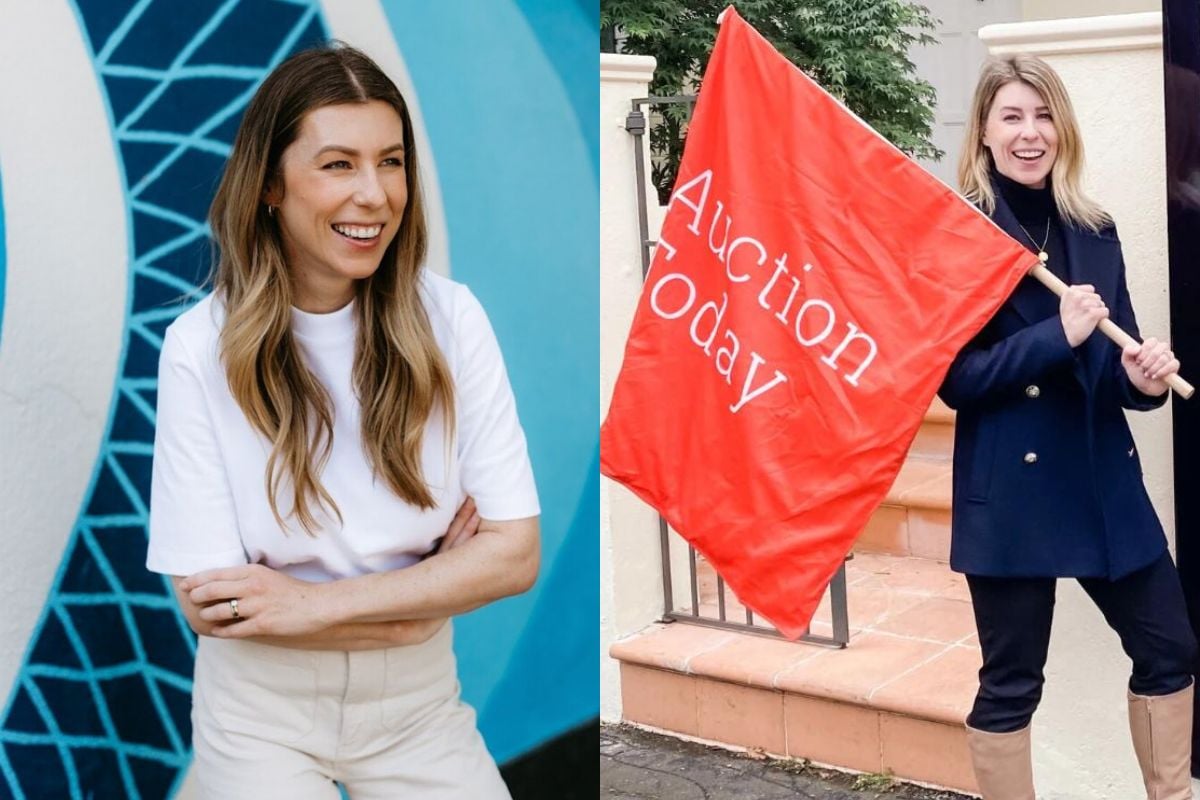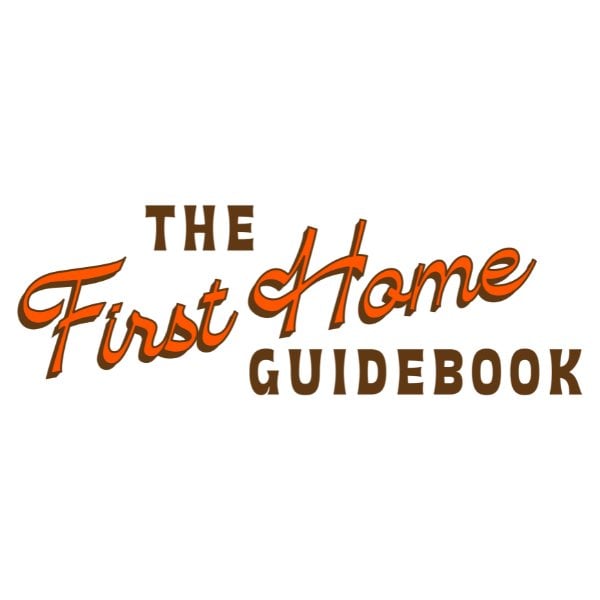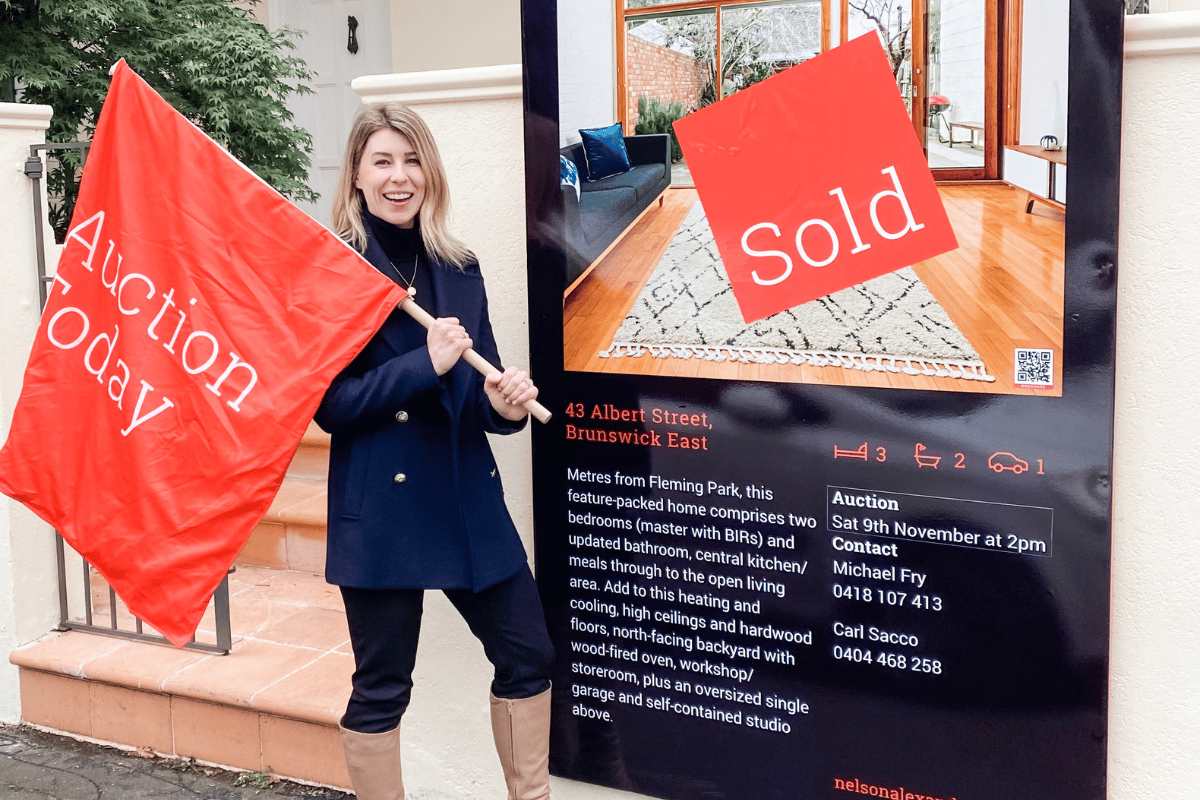

So, the vast majority of us want to buy our first property. But how? With rising interest rates and property prices, it can feel like a challenge.
It's a goal so many of us have in mind, and like lots of my friends, the more tips and tricks we have on hand... the better.
Amy Lunardi is a buyer's advocate, licensed real estate agent, and qualified property investment advisor. With over 10 years of experience in the industry, Amy has successfully helped over a thousand people to find and purchase their first homes.
Amy tells Mamamia that she sees buying property for the first time like online dating.
Not everything is perfect on paper, and finding love (and property) is a unique journey for everyone.
"Sometimes you find 'the one' really quickly, other times it's a numbers game. Going on a heap of dates can be exhausting – but sometimes you're lucky and meet someone you click with at the beginning. It's the same with finding a property," she says.
Given so many people are keen to enter the property market, Amy created The First Home Guidebook – an online 'how-to' guide designed to educate and empower those looking to buy their first home.
To further spread some property love and knowledge, Amy shares with Mamamia her industry insights and eight top tips for first-home buyers.
1. Seeing a mortgage broker is one of the first (and best things) to do.
If Amy has one golden piece of advice, it's this – see a mortgage broker as soon as you have a property goal.
